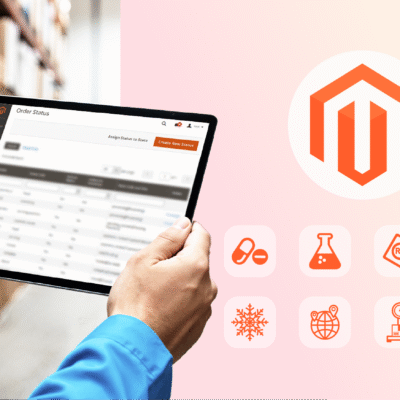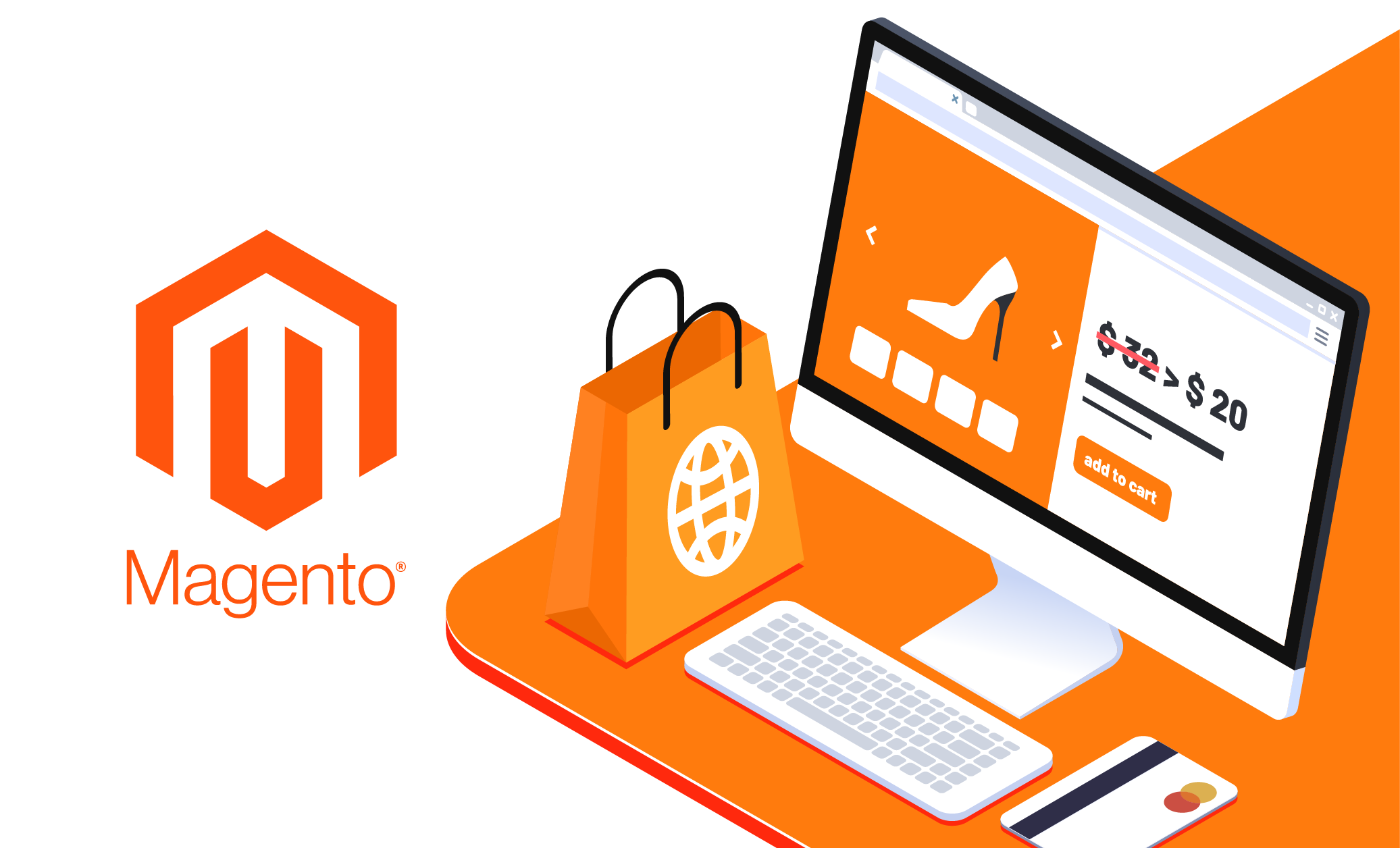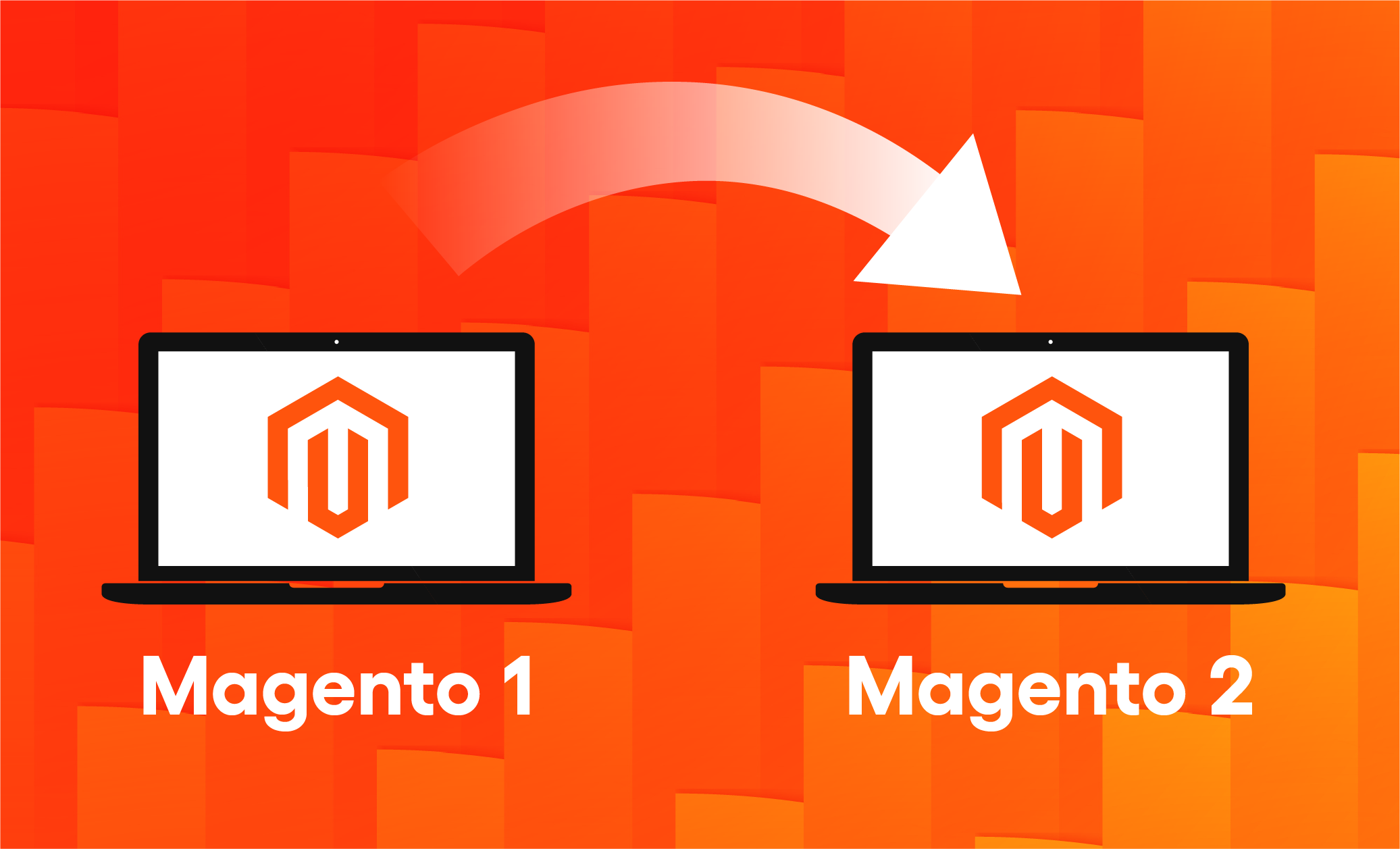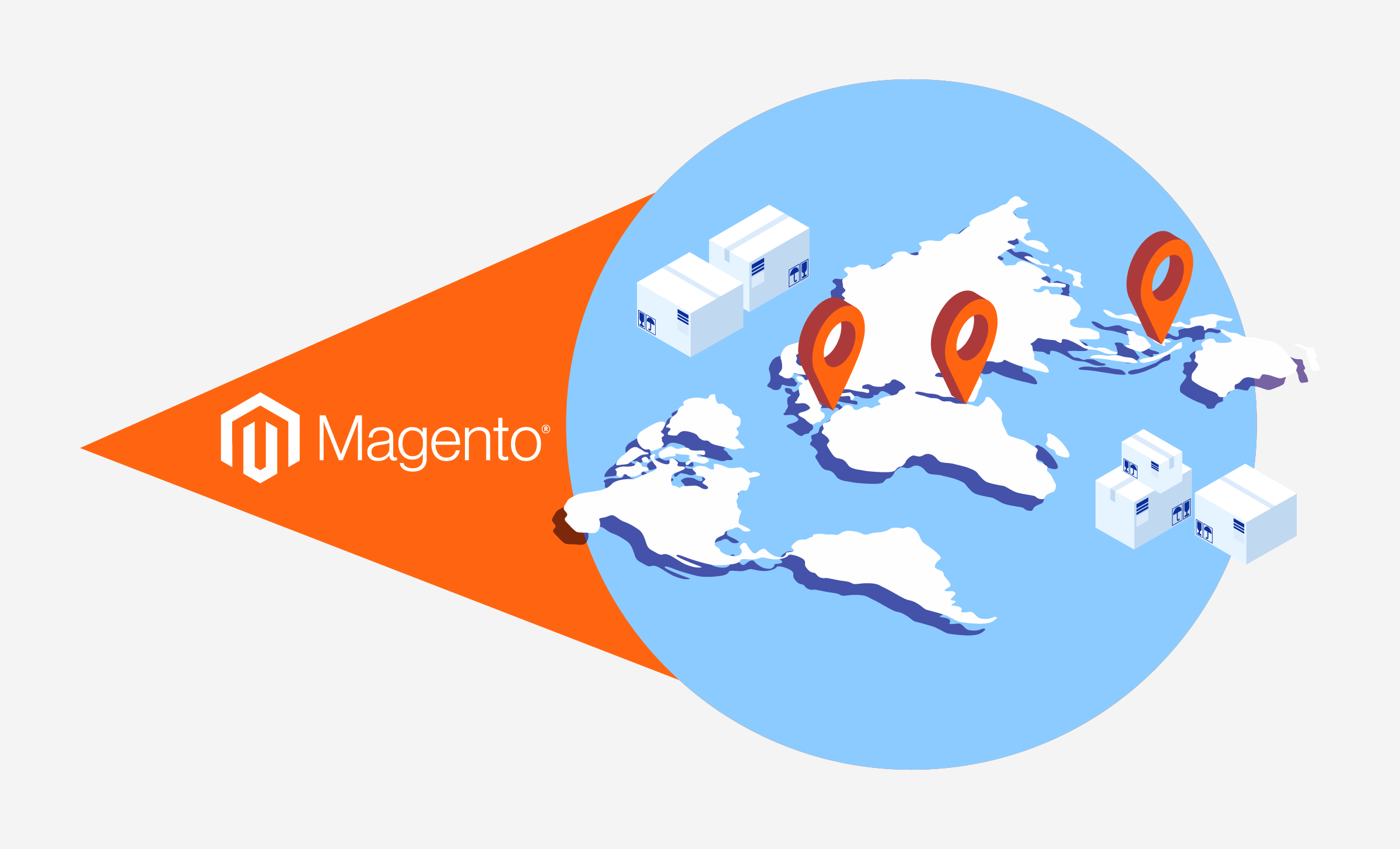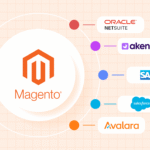Adobe Commerce (formerly known as Magento) is the leading E-commerce platform as for today. According to the numerous reports, since 2008, it managed to gain a bit more than 25% of the operating Alexa Top 1M E-commerce sites. Woo Commerce and other alternatives are still falling behind. Most of the stores in the top 100K prefer Adobe Commerce. If you also choose it instead of OpenCart, PrestaShop, or any other platform, it’s about time to think of the two available versions of this platform. Only by matching your business goals with the features of both Adobe Commerce (Magento) Community and Adobe Commerce (Magento) Enterprise Edition, you will be able to find the most appropriate solution for your online store. So, what is the best way to increase your performance and profitability with Adobe Commerce? With the help of this unbiased article, we would like to help you with your choice.
Thinking of choosing Adobe Commerce (Magento) for your eCommerce project? Check out our 2025 Buyer's Guide for Magento (Adobe Commerce): Costs, Features & AlternativesWe cover the ins and outs of Adobe Commerce (Magento) in order to help you make the best choice for your business, exploring key functionalities, use cases, and examples of successful implementations.2024 Buyer's Guide covering costs, alternatives, and use cases!
The difference of price
Adobe Commerce (Magento) Community Edition is available for free and this is possibly the strongest seling point of this version. Interestingly, anyone can change anything to the software to fulfill system requirements. On the contrary, Magento Paid Edition comes with some advanced features. Choosing the paid version enables users to get a great return on investment. Multi-server and multi-year payment options are available to take advantage with Adobe Commerce.
Target users
Community is mostly preferred by the eCommerce developers and tech-savvy merchants who do not fear building and maintaining a site receiving a full control of it. But despite you can get the same by choosing EE, Community still requires less investments; your business size also matters. Mid and large-size businesses that want to implement large-scale projects or wish to expand their online sales will enjoy the powerful system just like Adobe Commerce (Magento) Enterprise.
Unlike Enterprise, Community offers full capabilities only for business-to-consumer (B2C) while it requires 3d party add-ons for business-to-business (B2B).
Modular Code Base
There are a set of core code files. Both the Community and Enterprise system share some of this core file code base, although much of the Enterprise system has more advanced features, and offers better, bug-free code. The system requires these core files to run. If you want to upgrade the system, you simply need to upgrade the core files. (Except if you need to upgrade the database, but that’s another topic.)
Security
The security differences between the Community and Enterprise Editions are more than just superficial. The Community Edition lacks both credit card tokenization and PA-DSS payment bridge. Users of the Community Edition would be required to either incorporate a third-party payment processing system or build the tokenization system and PA-DSS payment bridge in house. The cost to code these features could easily outweigh any savings achieved by using the Community Edition.
Page caching and overall speed
Once again, only Enterprise Edition is capable of loading the page quickly with a full caching. A full caching takes only up to two seconds to load a page. It works this way: HTML data is stored ahead of time so that it can be viewed instantly by your customers. Through complete page caching Enterprise edition offers, you can observe remarkable savings in page load speed and server usage. In case you offer a wide range of products or services, only Adobe Commerce (Magento) Enterprise can handle huge catalogs. In addition, it re-indexes the catalog much faster than Community. Speed matters when you have thousands of products. In case of Community, it may take 10-20 minutes to complete all the processes every time a new product is added.
Average Magento project results
When trying to solve a Adobe Commerce (Magento) Community vs. Enterprise dilemma, you might take a look at the numbers to estimate the effectiveness of each edition. As statistics received from the stores that apply various versions of Adobe Commerce show, Enterprise Edition is used to run more powerful stores. So, it makes sense to switch to the Enterprise or select it from the beginning if you run a large-scale business with vast commercial plans. However, it takes more time to develop a worthy Enterprise-based store.
The Bottom Line
As with most business decisions, careful planning and evaluation are required to ensure the right edition is used. If the Community Edition offers all the features needed, or a company has the resources and desire to craft a custom eCommerce platform using Adobe Commerce as its base, the Community Edition may be the perfect solution. If a company requires advanced features, enhanced, security, out of the box performance enhancements, and doesn’t want to code those features in house, the Enterprise Edition may be the more cost effective option. Whichever Adobe Commerce (Magneto) edition your business chooses, you are sure to get one of the best and most trusted eCommerce platforms available today.
Conclusion
On the whole, we should say that both editions of the Adobe Commerce platform were built with marketing, SEO, reporting and the customer in mind first. While Adobe Commerce (Magento) Community is considered a more practical choice, it would be hard to survive the harsh market competition for those who run a large-scale store without changing to Adobe Commerce (Magento) Enterprise. It all depends on whether you are planning to launch a small start-up or bring your business to a new level.
TMO Group is a technology company in Shanghai. We can help you with Adobe Commerce (Magento) development. We're looking forward to working on your project!

